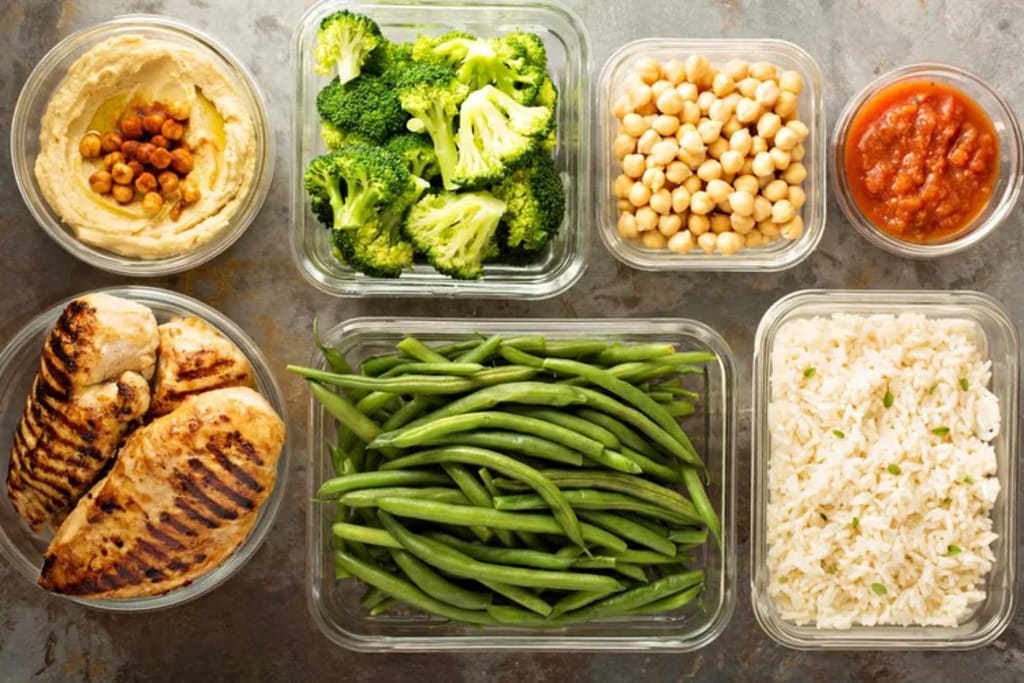
Introduction
Weight loss is a topic that has captivated the attention of individuals across the globe, as it carries both physical and psychological implications. While various factors contribute to weight management, diet remains the cornerstone of any successful weight loss journey. This article explores the crucial relationship between diet and weight loss, highlighting key principles, dietary approaches, and the science behind them.
Understanding Energy Balance
Weight loss fundamentally relies on the principle of energy balance. Simply put, to shed pounds, you must consume fewer calories than your body requires. When you consume more calories than needed, the excess is stored as fat. Conversely, a calorie deficit forces the body to tap into its fat reserves for energy, resulting in weight loss. To create this deficit, it is essential to strike a balance between calorie intake and expenditure through both diet and physical activity.
Choosing a Healthy Diet
The foundation of any successful weight loss journey is a healthy and balanced diet. Focus on nutrient-dense foods that provide essential vitamins, minerals, and fiber, while being mindful of portion sizes. Incorporate a variety of fruits, vegetables, whole grains, lean proteins, and healthy fats into your meals. These food groups offer sustained energy, promote satiety, and aid in weight loss.
A balanced diet provides essential nutrients while limiting excessive intake of unhealthy components. It typically consists of a variety of fruits, vegetables, whole grains, lean proteins, and healthy fats. Including all major food, groups ensures that your body receives the necessary vitamins, minerals, fiber, and other essential compounds.
Additionally, beware of fad diets that promise rapid weight loss. While they may deliver short-term results, they are often unsustainable and can lead to nutritional deficiencies. Instead, opt for a lifestyle approach that promotes long-term sustainable changes.
Save time and money
Check out our product CLICK HERE
Understanding Macronutrients
Macronutrients, namely carbohydrates, proteins, and fats, play a vital role in weight loss. Carbohydrates provide energy, and choosing complex carbohydrates, such as whole grains, promotes satiety. Proteins are essential for muscle repair and growth, which can increase metabolism and aid in weight loss. Lean protein sources include poultry, fish, legumes, and tofu. Lastly, healthy fats, found in avocados, nuts, and olive oil, are important for nutrient absorption and hormone production.
Balancing Macronutrients
While the importance of macronutrients is undeniable, striking the right balance is key. Avoid extreme approaches that eliminate entire macronutrient groups. Instead, focus on consuming a balanced mix of carbohydrates, proteins, and fats. Consider consulting a registered dietitian to personalize your macronutrient ratios based on your body's specific needs and goals.
The Role of Portion Control
Portion control is crucial for weight loss. Even healthy foods can contribute to weight gain if consumed in excess. It's important to be mindful of portion sizes and listen to your body's hunger and fullness cues. Use smaller plates, practice mindful eating, and be aware of hidden calories in sauces, dressings, and beverages. Tracking your food intake using apps or journals can also help you stay accountable and make better choices.
Calorie Control and Portion Sizes
Calorie control is essential for weight loss, but it's equally important to ensure you're consuming enough to meet your body's needs. Moderation is key, and portion sizes play a crucial role in maintaining a healthy balance. Be mindful of serving sizes and practice portion control to prevent overeating.
Conclusion
Successful weight loss requires a balanced and sustainable approach to diet. By understanding the principles of energy balance, choosing a healthy and varied diet, and balancing macronutrients, individuals can achieve long-term weight loss goals. It is essential to prioritize nutrient-dense foods, practice portion control, and incorporate regular physical activity for optimal results. Remember, weight loss is a journey, and patience, consistency, and a positive mindset are key elements to maintain a healthy weight in the long run.
About the Creator
Mr.AB
Programmer, Website Developer, Blogger






Comments
There are no comments for this story
Be the first to respond and start the conversation.